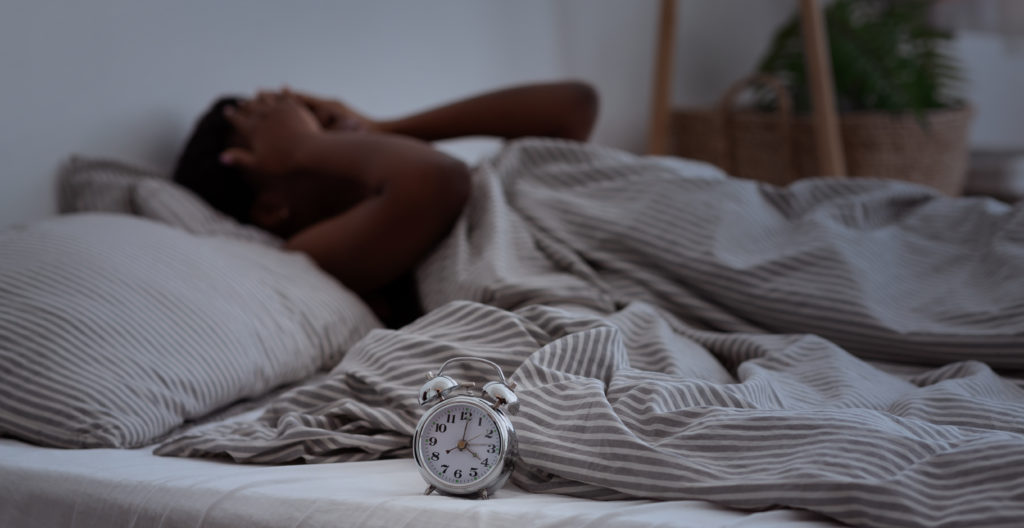-
1 × ₦135,000
-
1 × ₦135,000
-
1 × ₦135,000
-
1 × ₦130,000
-
1 × ₦130,000
-
1 × ₦124,957
-
1 × ₦130,000
-
1 × ₦130,000
-
1 × ₦120,000
-
1 × ₦15,000
-
1 × ₦135,000
-
1 × ₦45,000
-
1 × ₦63,000
-
1 × ₦130,000
-
1 × ₦37,926
-
1 × ₦15,750
-
1 × ₦33,863
-
2 × ₦45,000
-
1 × ₦45,000
-
1 × ₦45,000
-
1 × ₦63,000
-
1 × ₦350,000
-
1 × ₦5,000
-
1 × ₦16,254
-
2 × ₦687,500
-
2 × ₦28,219
-
2 × ₦700,000
-
1 × ₦38,000
-
1 × ₦85,000
-
1 × ₦38,000
-
1 × ₦657,000
Subtotal: ₦7,173,186























































